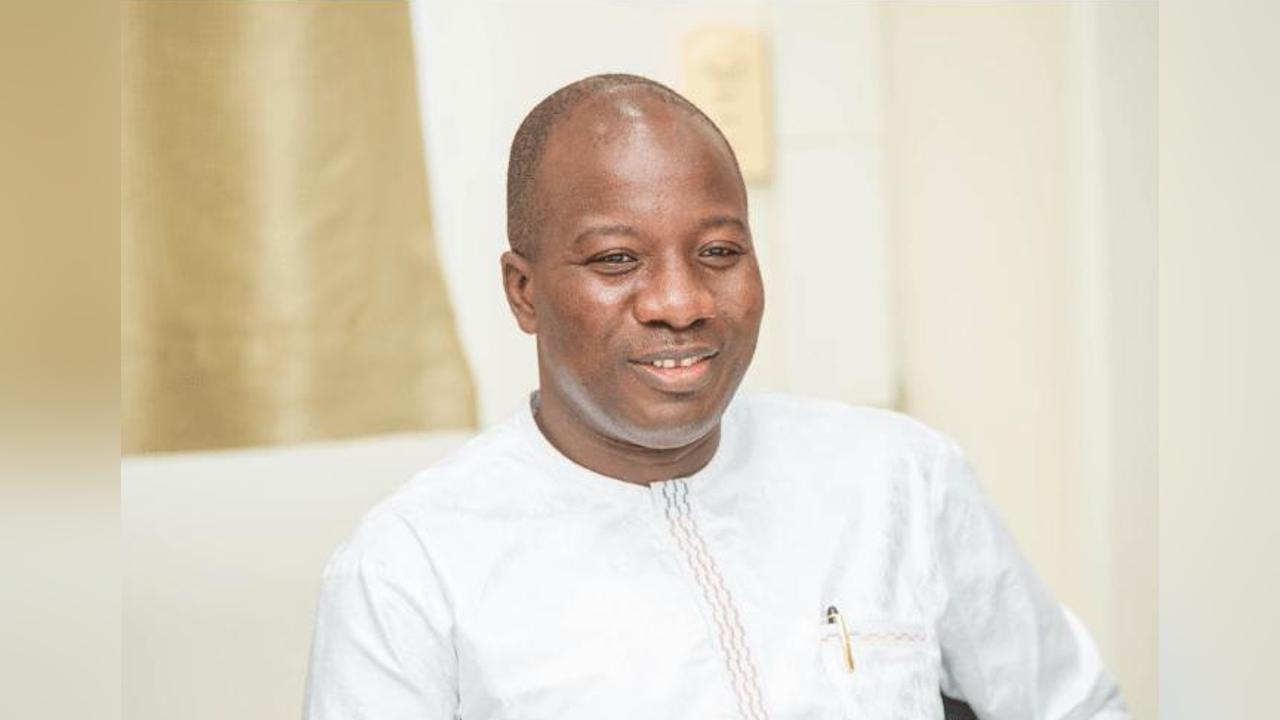Africa-Press – Ghana. The Majority Leader and Leader of Government Business, Mr. Mahama Ayariga, has defended the exercise of discretionary power under Article 146(10) of the 1992 Constitution, which he explains allows the President to suspend the Chief Justice.
A statement issued by the Majority Leader, copied to the Ghana News Agency on Wednesday, said, “The discretion of the President to suspend the Chief Justice is checked by the fact that he must act “in accordance with the advice of the Council of State.
“The duty to be ‘fair and candid’ requirement of article 296(a) is inbuilt in article 146(10)(a) by the requirement that the President can only suspend the Chief Justice ‘in accordance with the advice of the Council of State.”
The statement emphasised that the Council of State’s advice was crucial in ensuring that the President’s discretion was not arbitrary or capricious.
“Unless the Ghana Bar Association (GBA) and all the commentators I have heard are saying they have issues with the advice of the Council of State, I am baffled at the disingenuous efforts to fault the process so far,” it said.
The statement also drew attention to Article 159 of the 1992 Constitution which allowed the Chief Justice to make regulations for the efficient performance of the functions of the Judicial Service and the Judicial Council, subject to the advice of the Judicial Council and the approval of the President.
“Don’t forget article 92(11) which says in part that ‘the Council of State may regulate its own procedure.
“The President cannot regulate the exercise of their advisory functions content-wise.”
President John Dramani Mahama has suspended Chief Justice Gertrude Araba Esaaba Sackey Torkornoo following an alleged establishment of a prima facie case in response to three separate petitions seeking the Chief Justice’s removal from office.
The decision was announced on Tuesday, April 22, 2025.
The suspension marks a significant moment in Ghana’s judicial history, as the country’s top judge now faces a formal inquiry into her conduct.
While the specific allegations contained in the petitions have not been publicly disclosed, they have stirred widespread debate within legal and political circles, raising questions about judicial accountability and the integrity of the judiciary’s leadership.
In accordance with constitutional procedures, Chief Justice Torkornoo was furnished with copies of the petitions and was given 10 days to respond.
The Chief Justice submitted her written response on Monday, April 7, 2025.
For More News And Analysis About Ghana Follow Africa-Press







